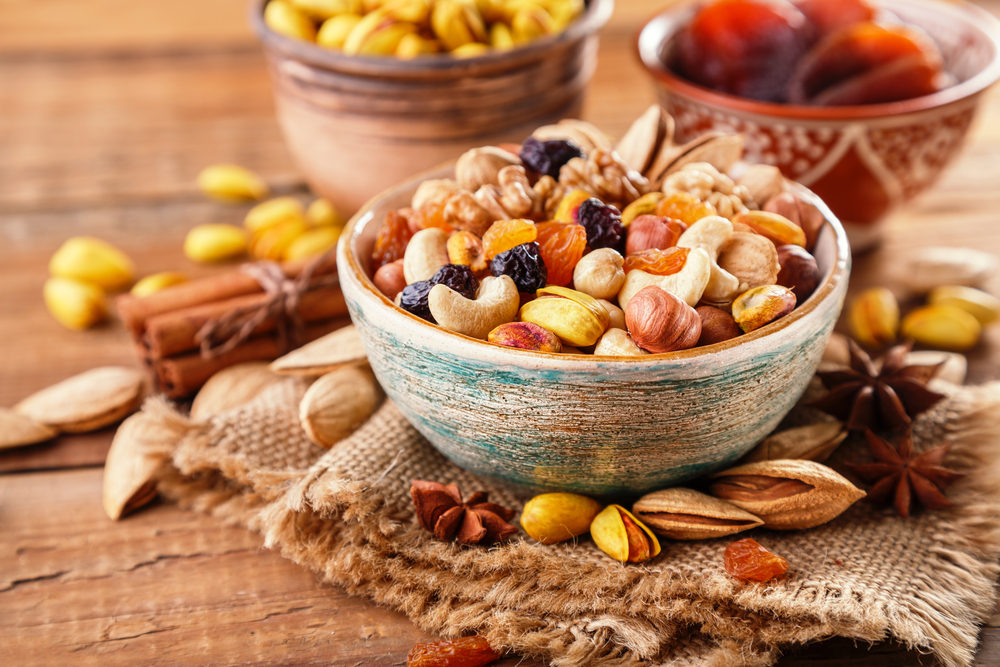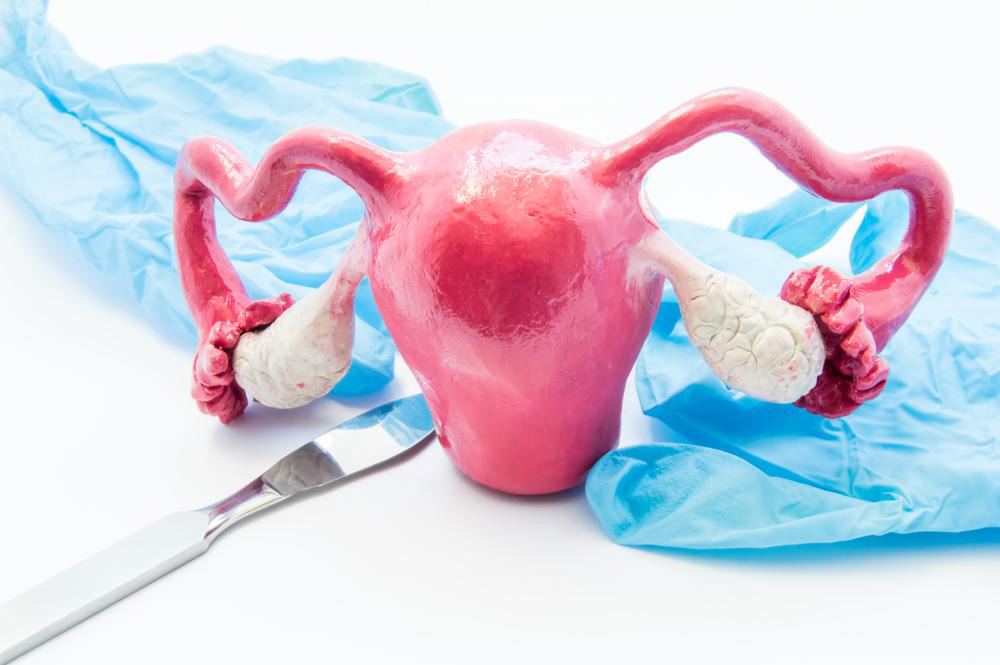Effective Dietary Strategies: Top 10 Foods to Boost Fertility and Increase Conception Chances
Discover effective dietary strategies with our comprehensive guide to the top 10 fertility-boosting foods. This detailed article explores nutrient-rich options like bananas, leafy greens, citrus fruits, nuts, seeds, legumes, and more, providing natural methods to enhance reproductive health. Incorporating these foods into your daily diet can improve your chances of conception and support a healthy pregnancy. Learn how simple dietary changes support hormonal balance, ovarian health, and sperm quality, making this an essential read for couples planning for pregnancy and seeking natural fertility support.

Effective Dietary Strategies: Top 10 Foods to Boost Fertility and Increase Conception Chances
Achieving pregnancy can sometimes be a challenge for couples due to various factors such as stress, environmental exposures, hormonal imbalances, and underlying health issues. While medical treatments and specialist consultations are crucial in certain cases, making strategic changes to your diet with fertility-enhancing foods offers a natural, accessible way to improve reproductive health. Incorporating specific nutrient-rich foods into your daily meals can support both male and female fertility and increase the likelihood of conception. These foods are commonly available, easy to prepare, and can seamlessly fit into your routine without requiring special efforts or expensive supplements.
Explore the top 10 foods scientifically linked to enhancing fertility and promoting conception.
1. Bananas
Bananas are a nutritious fruit packed with vitamin B6 and essential nutrients that support reproductive health. Vitamin B6 plays a vital role in maintaining hormonal balance, which is critical for regular ovulation and sperm development. Including bananas in your diet can help reduce symptoms of PMS in women and promote healthy sperm count in men, making them a beneficial addition to a fertility-optimizing diet.
2. Leafy Green Vegetables
Dark leafy greens such as spinach, kale, lettuce, broccoli, and Swiss chard are rich in folate, a B vitamin crucial for DNA synthesis and cell division, which are essential processes during conception and early pregnancy. Folate has been shown to improve ovulation and enhance sperm quality, thereby increasing the chances of fertilization. Additionally, these greens supply iron, antioxidants, and other vital nutrients that support overall reproductive health and help prevent fertility issues related to nutritional deficiencies.
Consuming a variety of dark green vegetables regularly can significantly boost your reproductive potential. Incorporate salads, smoothies, or stir-fries to make these nutrient-rich foods part of your daily diet.
3. Citrus Fruits
Oranges, lemons, grapefruits, and other citrus fruits are excellent sources of vitamin C, a powerful antioxidant that has been linked to improving sperm motility and morphology in men. For women, vitamin C helps regulate hormone levels and supports the immune system, which is vital during conception. It also enhances iron absorption from plant-based foods, preventing anemia that can interfere with fertility.
Consuming citrus fruits daily, such as adding lemon to water or including oranges in your breakfast, can provide significant fertility benefits and promote a healthy reproductive environment.
4. Nuts
Nuts like almonds, walnuts, and cashews are fiber-rich, providing healthy fats, zinc, and protein—all essential nutrients for reproductive health. Zinc plays a vital role in hormone production and regulation, especially testosterone and estrogen, which influence ovulation and sperm production. Vitamin E, plentiful in nuts, acts as an antioxidant, protecting reproductive cells from oxidative stress and supporting fertility.
Including a handful of mixed nuts as snacks or topping salads can be a simple yet effective way to improve reproductive outcomes. Remember to choose unsalted varieties to limit sodium intake.
5. Seeds
Seeds such as sunflower, pumpkin, hemp, and sesame seeds are nutrient powerhouses that supply zinc, magnesium, selenium, and antioxidants. These nutrients are essential for sperm development, hormone synthesis, and protecting reproductive cells from oxidative damage. For both men and women trying to conceive, regular consumption of these seeds can support overall reproductive health and enhance fertility prospects.
You can add seeds to smoothies, yogurt, salads, or oatmeal to increase your intake effortlessly.
6. Legumes
Beans, lentils, chickpeas, and black beans are excellent plant-based protein sources rich in fiber, vitamins, and minerals. They help regulate blood sugar and insulin levels, which are crucial for hormonal balance and ovarian function. Legumes also supply folate and iron, which are vital during preconception and pregnancy.
Incorporating legumes into soups, stews, and salads can support healthy ovulation and sperm quality, making them a staple for fertility enhancement.
7. Whole Grains
Whole grains like oats, brown rice, and whole wheat bread have a low glycemic index, aiding in blood sugar regulation and insulin sensitivity. This is particularly important for women with PCOS or insulin resistance, conditions often linked to fertility challenges. Whole grains also provide fiber, B vitamins, and magnesium, supporting hormone production and overall reproductive health.
Start your day with oatmeal or choose whole-grain options for meals to optimize your fertility chances.
8. Olive Oil
Rich in monounsaturated fats, extra virgin olive oil helps maintain hormone balance and supports healthy ovulation. Its anti-inflammatory properties can reduce reproductive system inflammation and improve blood flow to reproductive organs. Using olive oil as your primary fat source instead of processed or refined oils can make a significant impact on your reproductive wellness.
Incorporate olive oil into salads, sautés, and cooking to harness its fertility-supporting benefits.
9. Eggs
Eggs are a comprehensive source of complete protein and contain vital nutrients like vitamin D, choline, and B vitamins. Vitamin D, in particular, has been linked to improved ovarian function and sperm quality. Consuming eggs regularly can support hormonal regulation, promote ovulation, and enhance sperm production, making them a highly recommended food for couples trying to conceive.
Prepare eggs in various ways—boiled, scrambled, or poached—to add to your meals and boost your fertility strategy.
10. Pomegranate
This nutrient-dense fruit is packed with antioxidants, including vitamin C, polyphenols, and zinc. Pomegranate improves blood flow to the reproductive organs, supports a healthy uterine lining, and enhances sperm quality. Regular consumption of pomegranate, such as a cup of seeds 3-4 times weekly, can positively influence fertility in both partners, promoting a more receptive environment for conception.
Incorporate pomegranate into smoothies, salads, or enjoy it simply as a snack for a natural fertility boost.
In conclusion, both partners aiming to enhance fertility should focus on a nutrient-rich diet incorporating these foods. Consistent, balanced dietary habits, alongside a healthy lifestyle, can significantly improve the chances of successful conception and a healthy pregnancy. Remember, consultation with healthcare professionals or fertility specialists is essential for personalized advice and treatment plans.





